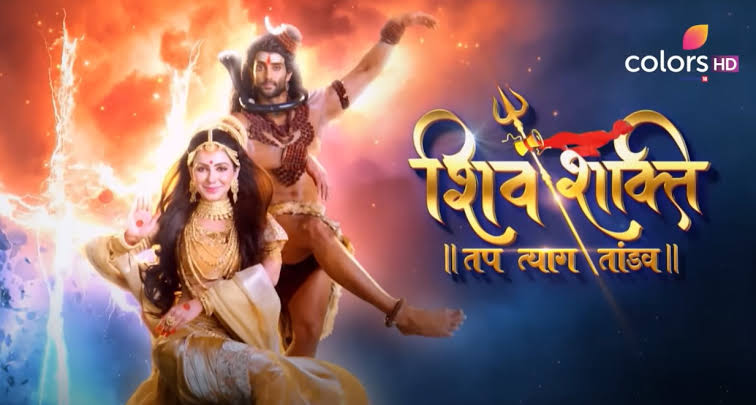On 12th September 2024, “Shiv Shakti – Tap Tyaag Tandav” aired a powerful and emotional episode. This episode revealed pivotal moments in the lives of Lord Shiva, Goddess Parvati, and their son Ganesha. The story took viewers on a rollercoaster of emotions, highlighting deep spiritual lessons and timeless myths
In the episode, Parvati is seen performing her usual daily routine. She prepares for a bath and instructs her son, Ganesha, to guard the entrance. Ganesha, being an obedient son, stands firm to fulfill his mother’s wishes. However, things take a drastic turn when Lord Shiva arrives at the entrance and wishes to enter. Ganesha, unaware of who Shiva is and solely focused on his duty, refuses to allow him inside.
Shiva, known for his calm demeanor, grows frustrated at Ganesha’s refusal. A fierce standoff follows between Shiva and his own son. Ganesha’s strong will and loyalty to his mother make him stand firm, causing an intense confrontation.
After Ganesha’s continued defiance, Shiva, in a fit of anger, severs Ganesha’s head. This shocking act shakes the celestial realm and leaves Parvati devastated. When she discovers what has happened, she is overwhelmed with grief and anger. Her pain turns into a fiery rage, and she transforms into her fierce avatar, Goddess Kali.

The episode emphasizes the theme of duty and loyalty but also explores the consequences of misunderstanding. Parvati’s rage threatens to destroy the world, as she blames Shiva for his extreme punishment on their son. Shiva, however, insists that arrogance, even when displayed by someone close, should not go unpunished.
Despite Shiva’s reasoning, Parvati’s sorrow is too deep, and she demands justice for her son. She vows not to rest until Ganesha is brought back to life. This moment of tension sets the stage for the coming episodes, where the story will explore how Shiva seeks to calm Parvati and restore balance in the universe.
The episode captivated viewers with its emotional depth and visual storytelling. The divine dynamics between Shiva, Parvati, and Ganesha resonate deeply with the audience, portraying universal themes of family, duty, and the complexities of love and forgiveness.